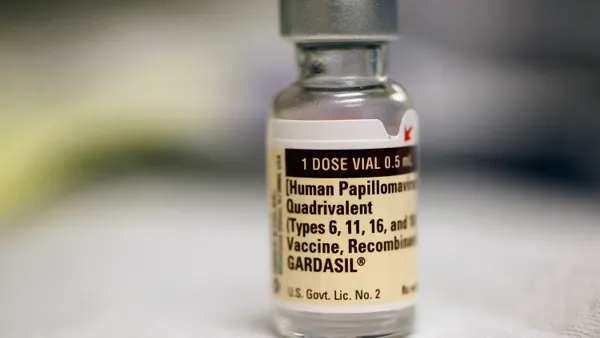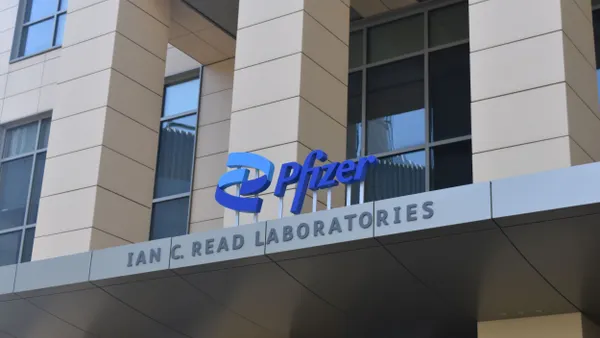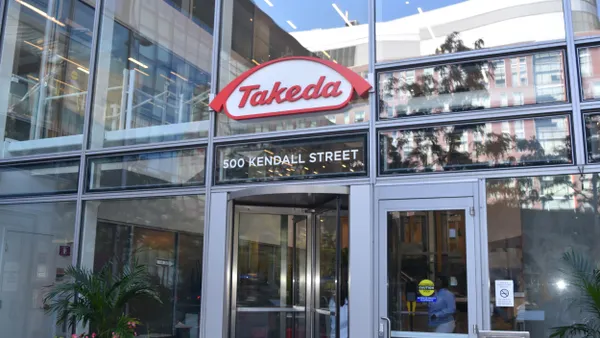Dive Brief:
- Pfizer is pulling the sickle cell disease drug Oxbryta off the market and ending clinical trials of the medicine around the world due to safety concerns.
- Clinical data “now indicates that the overall benefit of Oxbryta no longer outweighs the risk,” Pfizer said Wednesday. The company said data show an imbalance of deaths and vaso-occlusive crises, the excruciating episodes of pain that patients with sickle cell disease experience. The company said it notified regulatory authorities of the results.
- Pfizer’s decision came a day before European regulators met to review Oxbryta’ safety. The European Medicines Agency started its review because of data from two trials, one that had a higher-than-anticipated number of deaths and another that showed more deaths among patients taking Oxbryta compared with those on placebo. On Thursday, the agency recommended Oxbryta’s clearance be suspended.
Dive Insight:
The withdrawal will remove one of the few treatment options for the millions of people around the world living with sickle cell disease, which causes severe pain and can lead to organ damage, stroke and death.
Oxbryta, a once-a-day tablet, was designed to reduce “sickling,” the warping of red blood cells that leaves them unable to move easily through the body. The drug first won approval in the U.S. in 2019, just days after another medicine called Adakveo from Novartis. Before that, Emmaus Medical’s Endari had been the first new sickle cell treatment in 20 years when it won approval in 2017.
Pfizer acquired Oxbryta via its $5.4 billion purchase of Global Blood Therapeutics in 2022. At the time, Pfizer said sales of Oxbryta and two more experimental sickle cell drugs developed by Global Blood could top $3 billion. Oxbryta revenue reached $92 million in the second quarter of this year.
The New York-based drugmaker is still working on other treatments for the disease. The two experimental medicines originally developed by Global Blood, inclacumab and osivelotor, are both in Phase 3. Osivelotor, previously known as GBT-601, is the successor to Oxbryta and showed promise in research released late last year.
The Food and Drug Administration also approved two gene therapies for the disease late last year. The treatments offer the promise of a potential lifelong respite from the disease, but come with drawbacks, including price tags that top $2 million per patient and a long testing and preparatory process that includes chemotherapy. Uptake has been slow, with to date only a few dozen patients beginning the arduous process.
Pfizer said patients currently taking Oxbryta should contact their doctors to discuss alternative treatments. The company said it’s continuing to analyze and review the safety findings from the drug.













